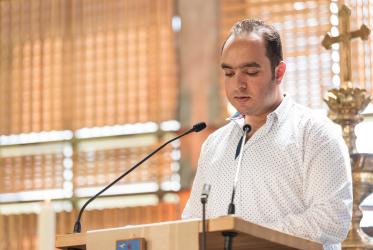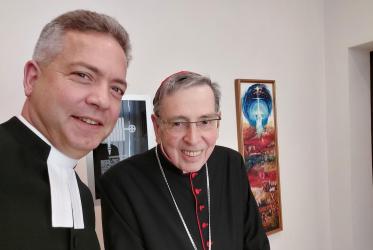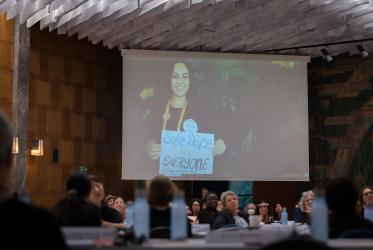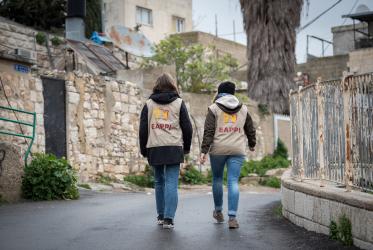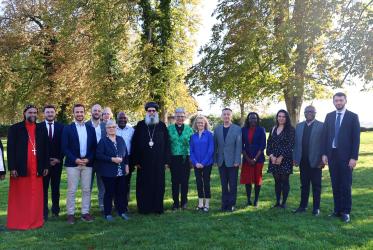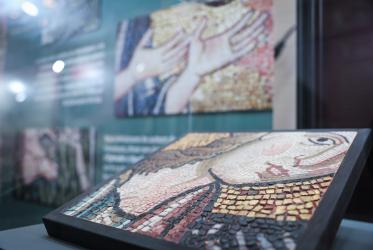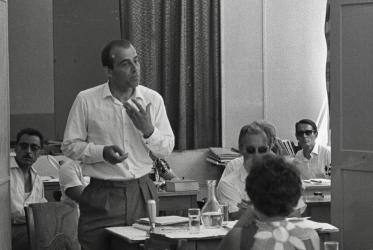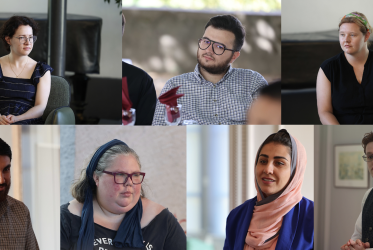Affichage de 1 - 20 de 125
“Circle of Prayer” reverberates out from Dover—to the world
21 Février 2024
A week of true Christian unity
25 Janvier 2024
“The occupation can’t last forever”
25 Octobre 2023
“They want to live without fear and constant harassment”
25 Octobre 2023





